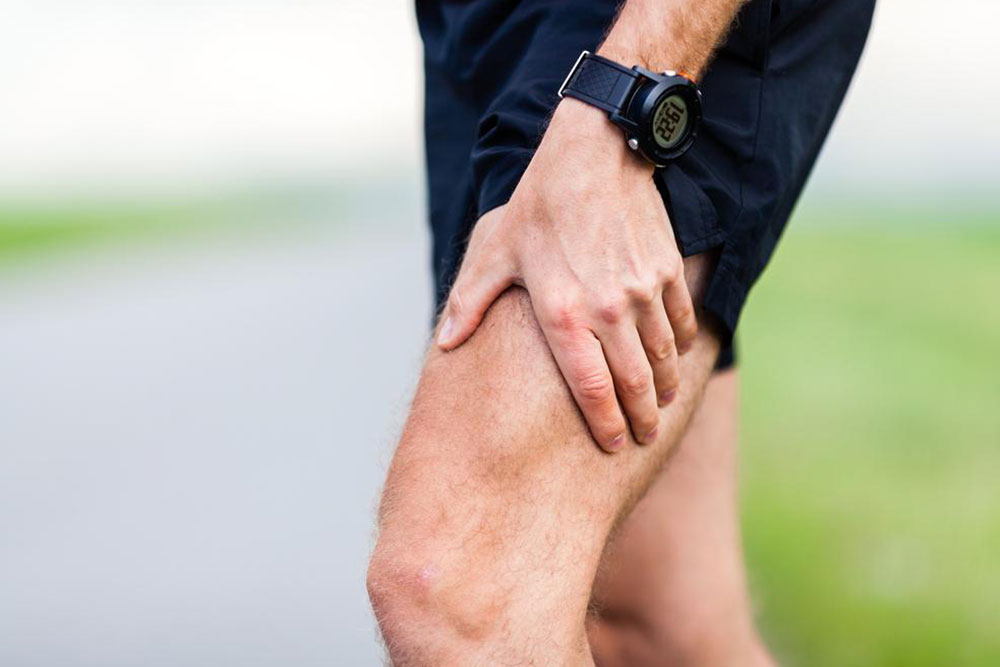Top 16 Lifestyle Changes to Prevent Joint Discomfort
Discover 16 effective lifestyle changes to reduce joint pain and prevent arthritis. From proper footwear and exercise to sleep habits and posture, learn how daily habits impact joint health and how to make positive modifications for lasting relief and mobility.

Top 16 Lifestyle Changes to Prevent Joint Discomfort
Joint discomfort is a common indicator of arthritis, often felt in the hands, wrists, feet, and back. Surprisingly, everyday habits and routines can contribute to joint issues. The good news is that many of these habits can be modified to reduce the risk. Discover the key behaviors that may harm your joints and learn how to avoid them for healthier movement and less pain.
Wearing high heels
High heels shift weight forward, increasing pressure on the knees and ankles while overburdening leg muscles, which elevates arthritis risk.
Wearing improperly fitted footwear
Ill-fitting shoes can lead to strain in your knees, hips, ankles, and back, increasing discomfort and joint issues.
Avoiding strength training
Strength exercises help maintain muscle mass and slow bone loss associated with aging, supporting joint health.
Exercising with incorrect form
Poor workout techniques can overtax muscles and exert unnecessary pressure on joints, risking injury.
Excessive texting habits
Constant thumb movements during texting may cause tendinitis, leading to "texting thumb," a condition where the thumb becomes stiff or stuck in a curled position.
Prolonged screen use
Extended periods on computers or devices can cause neck, wrist, elbow, shoulder, and back pain due to poor ergonomics.
Lifting heavy loads improperly
Carrying heavy bags or backpacks can disrupt posture and induce neck and shoulder pain. Repeated one-sided carrying can affect balance and strain joints.
Physical inactivity
Engaging in regular stretching and exercise enhances flexibility and strengthens muscles and tendons, promoting smooth joint movement.
Poor sleep habits
Insufficient or irregular sleep can increase bodily inflammation, aggravating conditions like arthritis.
Sleeping on your stomach
This position compresses the spine and strains joints by pushing the head into an awkward position.
Bad posture
Incorrect posture strains muscles and joints, worsening joint pain and mobility issues.
Using incorrect muscles for tasks
For example, bending with your knees instead of your back reduces joint stress when lifting objects from the ground.
Ignoring joint pain
Early intervention is critical; persistent discomfort should be evaluated by healthcare professionals to prevent worsening symptoms.
High caffeine intake
Excessive caffeine consumption may promote joint inflammation and increase arthritis risk over time.
Eating processed foods
Foods with additives, preservatives, and high sugar content can trigger inflammation and joint discomfort.
Weight management issues
Gaining excess weight places additional strain on joints, elevating the likelihood of developing arthritis.
Note:
The information provided focuses on symptoms, treatments, and health conditions for informational purposes. It's essential to consult licensed healthcare providers for medical advice and diagnosis. Do not treat these suggestions as professional medical guidance; always seek expert assistance when necessary.










